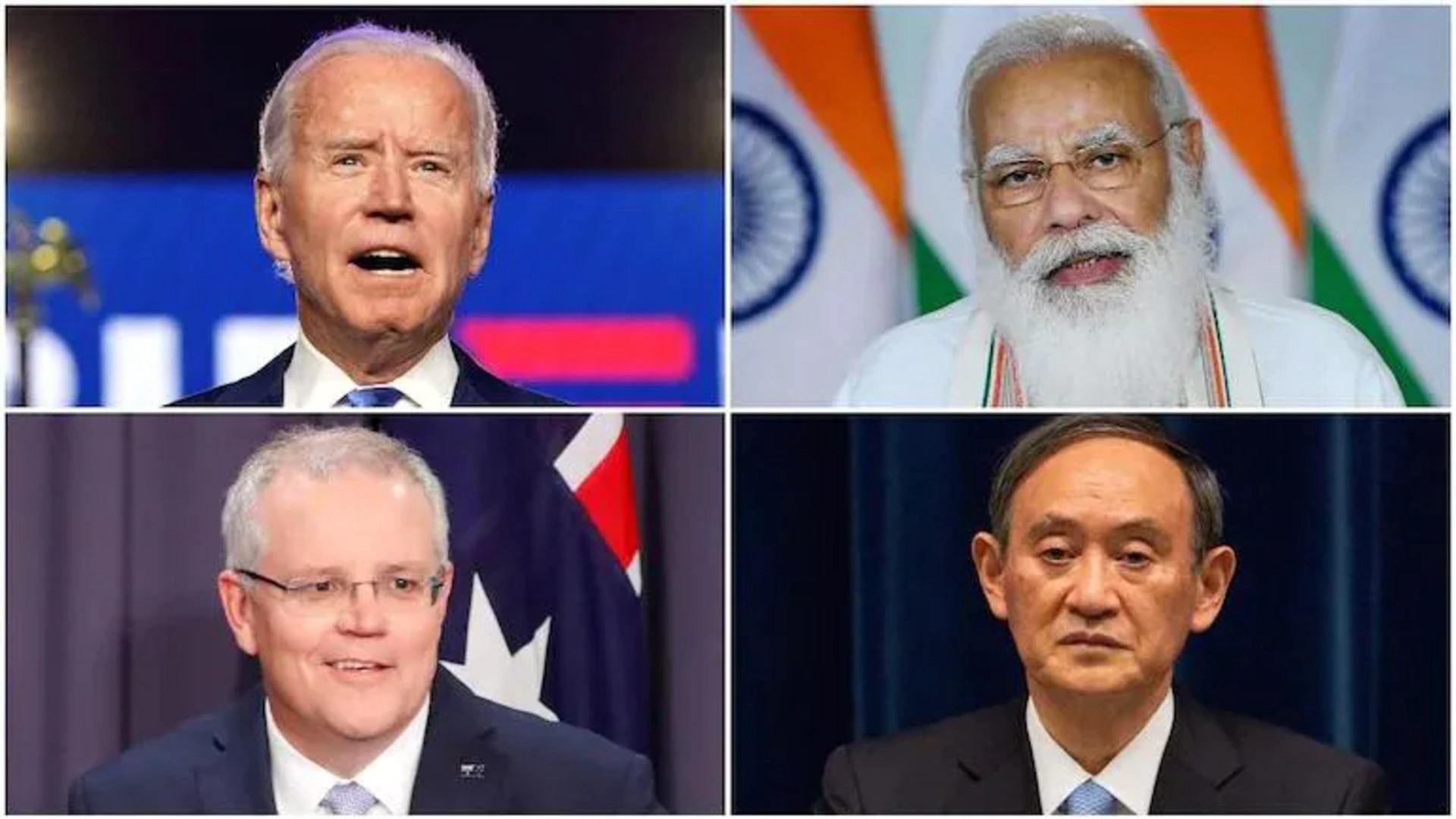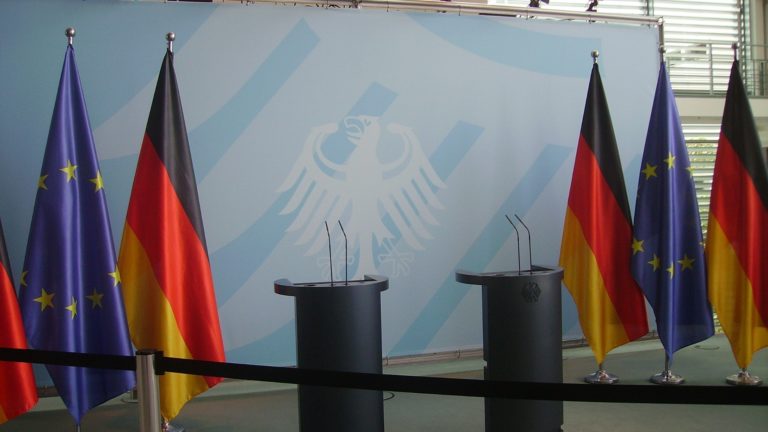Mar 16, 2021 | Maathangi Hariharan

Mar 16, 2021 | Maathangi Hariharan
On March 12, 2021, four heads of state, from India, the United States, Australia, and Japan met in a virtual summit to discuss co-operation and strategy for an open, inclusive, and free Indo-Pacific region rooted in international law. Per the joint statement entitled ‘The Spirit of the Quad,’ the four countries came together to discuss four broad issues viz. combating the socio-economic concerns arising from the Covid-19 pandemic, maritime domain, and its security, climate change, and cyberspace, infrastructure investment, and critical emerging technologies.
While most news updates give us a detailed analysis of the US and Japanese funding India will receive to manufacture one billion covid-19 vaccines, the other important, yet insufficiently highlighted decision of the Quad nations is to set up a working group on critical and emerging technologies (‘Working Group’). Per the joint statement, the purpose of this Working Group is to “facilitate cooperation on international standards and innovative technologies of the future”. Prima facie, the broad wordings of the purpose of this Working Group appears to be a deliberate decision. The fact sheet supplied by the White House, however, throws some more light on the actions and goals proposed to be taken by the Working Group.
The five goals of the Working Group are:
“(i) to develop a statement of principles on technology design, development, and use;
(ii) facilitate coordination on technology standards development, including between our national technology standards bodies and working with a broad range of partners;
(iii) encourage cooperation on telecommunications deployment, diversification of equipment suppliers and future telecommunications, including through close cooperation with our private sectors and industry;
(iv) facilitate cooperation to monitor trends and opportunities related to developments in critical and emerging technology, including biotechnology; and
(v) convene dialogues on critical technology supply chains.”
At present, the scope of what constitutes ‘critical and emerging technologies’ remains unclear. Having rattled the Chinese, it is safe to assume that the Quad countries, and in particular, the United States, are looking to reduce reliance on China and Taiwan for component parts such as semiconductors, and for 5G networks, currently supplied by companies such as Huawei. Apart from these obvious concerns, the sudden explosion in discussions and dialogue surrounding the use of Artificial Intelligence has exploded in the last few years. It is reasonable, therefore, to assume and expect the Working Group to include at least some aspects of AI within its scope of critical and emerging technologies. One can only wait to see how the goals of the Working Group shape up.

Srivats Shankar | May 02, 2022
The European Parliament adopted the recommendations of the Special Committee on Artificial Intelligence in the Digital Age providing a roadmap until the year 2030 regarding its impact on climate change, healthcare, and labor relations

Srivats Shankar | Mar 26, 2022
European Union reaches political agreement to introduce Digital Markets Act.

Maathangi Hariharan | Mar 22, 2021
/diːpfeɪk/
/ˌɑːtɪfɪʃl ˈdʒɛn(ə)r(ə)l ɪnˈtelɪɡəns/
/ˌɑːtɪfɪʃl ɪnˈtelɪɡəns/